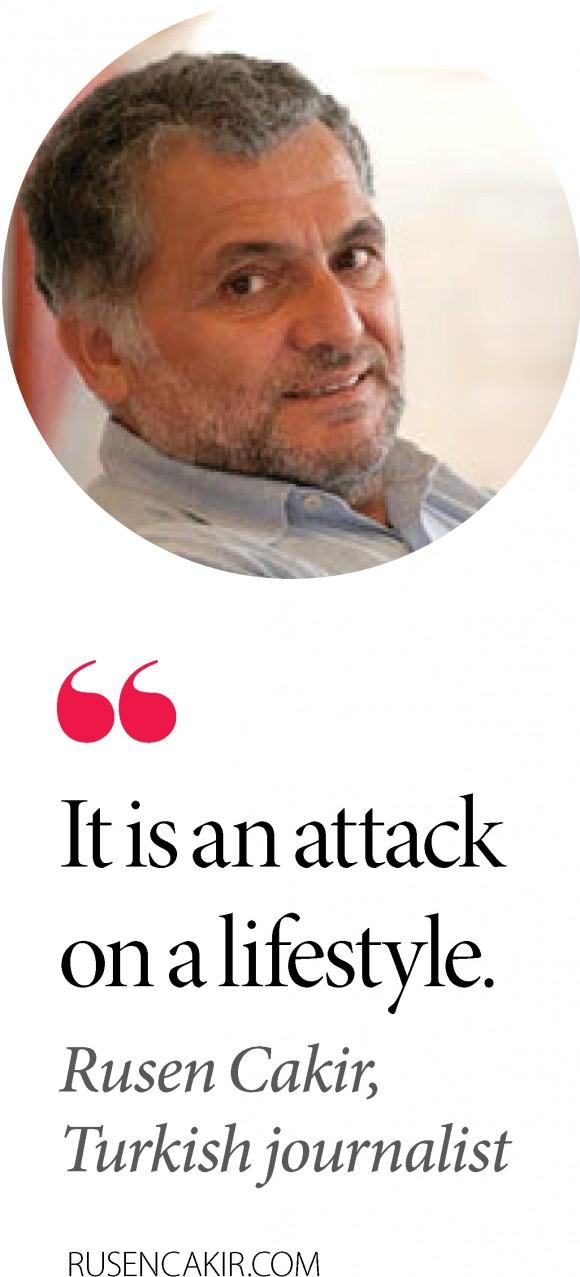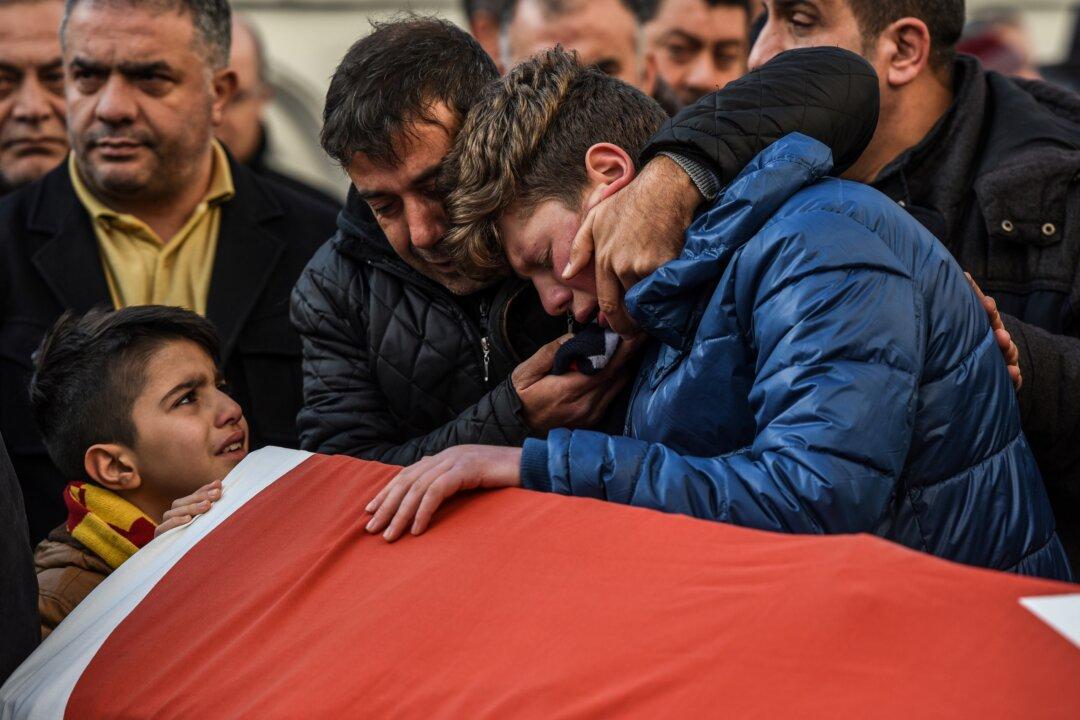After a string of deadly terrorist attacks in 2016, Turkish citizens were hopeful at the dawn of the new year. Those hopes for a peaceful 2017 were quashed with another attack in the city of Istanbul during New Year’s celebrations, striking more fear into the heart of an already weary nation.
“People leave their houses every day worrying whether they will survive the day or not,” said a 43-year-old former banker from Istanbul who declined to be named.
The fear of terror keeps people inside their homes. They avoid going to public places like shopping malls with large crowds.
“I have not been to a concert for years. Every time I hear a loud noise, even from a motorcycle, I am terrified,” she said.

*





